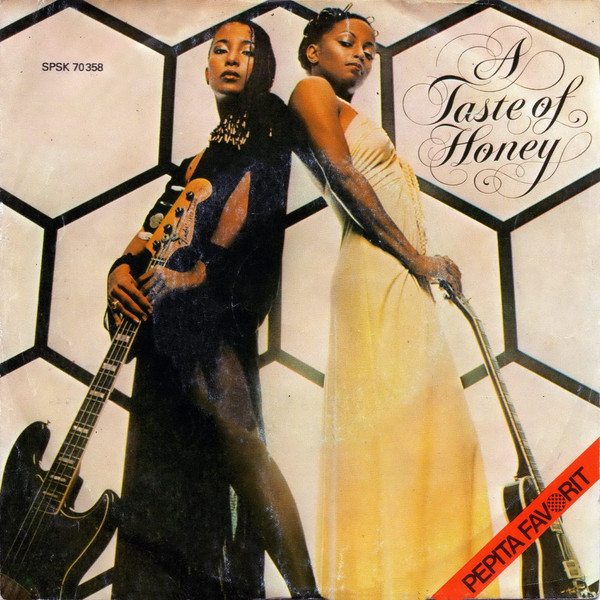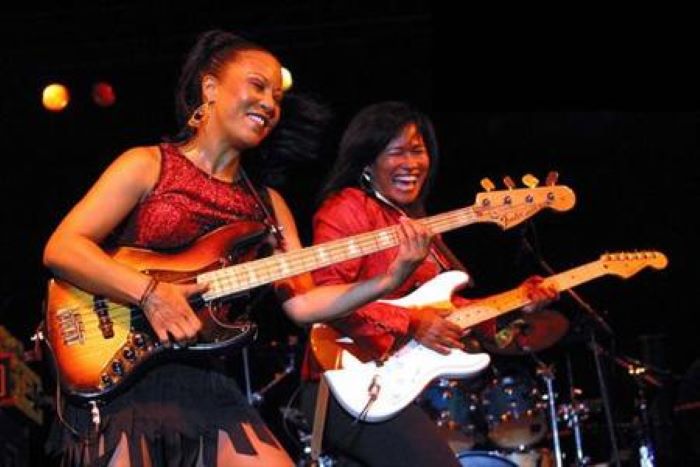“Boogie Oogie Oogie” – A Taste of Honey

“Boogie Oogie Oogie,” a hit single by the American band A Taste of Honey, epitomizes the exuberance and energy of the disco era. Released in 1978 as the lead single from their debut album, this song quickly became a dance floor anthem, reaching number one on the Billboard Hot 100. Its infectious beat, memorable bassline, and engaging lyrics capture the essence of disco music and its impact on popular culture. This essay explores the musical elements, cultural significance, and lasting legacy of “Boogie Oogie Oogie.”
The musical composition of “Boogie Oogie Oogie” is a masterclass in creating a dance track that is both captivating and enduring. The song opens with a distinctive bassline played by Janice-Marie Johnson, who also co-wrote the song with Perry Kibble. This bassline, coupled with a steady drumbeat, establishes a groove that immediately invites listeners to dance. The rhythm guitar, played by Hazel Payne, adds a funky texture to the track, while the occasional keyboard flourishes provide a touch of sophistication.

One of the standout features of “Boogie Oogie Oogie” is its vocal performance. Janice-Marie Johnson’s lead vocals are confident and vibrant, perfectly complementing the song’s upbeat tempo. The harmonies provided by the other band members enhance the richness of the vocal arrangement, creating a layered and dynamic sound. The chorus, with its catchy repetition of the title phrase, ensures that the song remains memorable and singable.
Lyrically, “Boogie Oogie Oogie” is a celebration of dancing and having a good time. The song’s message is straightforward and joyful, urging listeners to let go of their inhibitions and embrace the dance floor: “If you’re thinkin’ you’re too cool to boogie, boy oh boy, have I got news for you.” This emphasis on fun and movement reflects the hedonistic spirit of the disco era, a time when nightlife and dance culture were at their peak.

The cultural significance of “Boogie Oogie Oogie” extends beyond its musical achievements. During the late 1970s, disco music was a dominant force in popular culture, influencing fashion, film, and social trends. A Taste of Honey, as an African American band with female lead musicians, played a crucial role in breaking barriers within the industry. Their success with “Boogie Oogie Oogie” demonstrated that disco was an inclusive genre, welcoming diverse voices and talents.
Moreover, the song’s success helped to solidify the place of women in the disco scene, showcasing their ability to lead and innovate within a male-dominated industry. Janice-Marie Johnson and Hazel Payne’s musicianship and stage presence challenged traditional gender roles, inspiring future generations of female musicians to pursue their passions.

The legacy of “Boogie Oogie Oogie” is evident in its enduring popularity and influence. The song has been covered and sampled by various artists over the years, attesting to its timeless appeal. It remains a staple on dance playlists and is frequently featured in movies, TV shows, and commercials that aim to evoke the vibrant energy of the disco era. The song’s ability to get people dancing, regardless of the decade, is a testament to its enduring charm and infectious groove.
In conclusion, “Boogie Oogie Oogie” by A Taste of Honey is a quintessential disco track that captures the spirit of a musical movement defined by its celebration of dance and joy. Its compelling bassline, dynamic vocals, and jubilant lyrics create a timeless anthem that continues to resonate with audiences today. The song’s impact on popular culture and its role in breaking down barriers within the music industry highlight its significance beyond the dance floor. “Boogie Oogie Oogie” remains a vibrant reminder of the disco era’s enduring legacy and its ability to bring people together through the universal language of music and dance.











